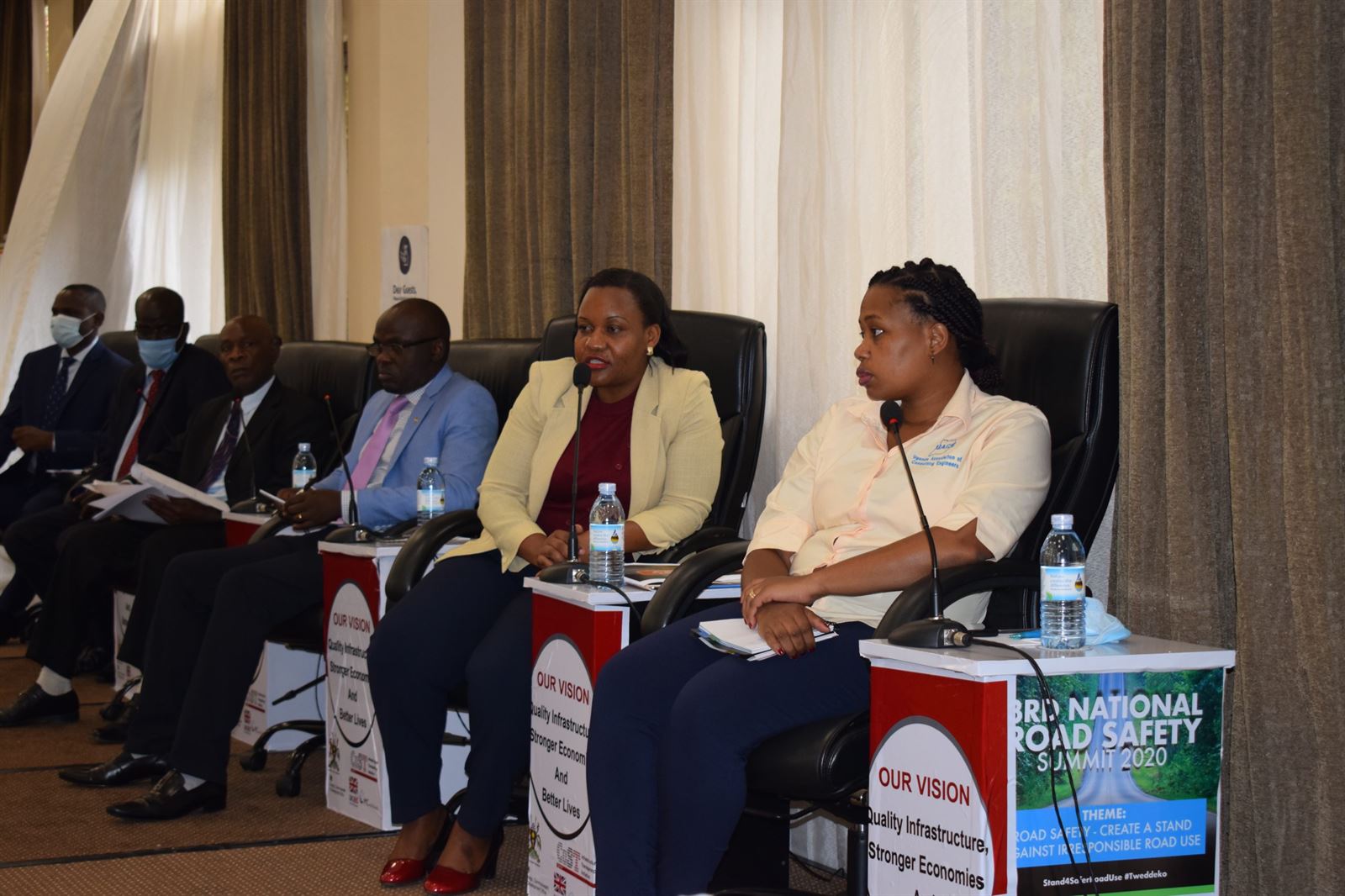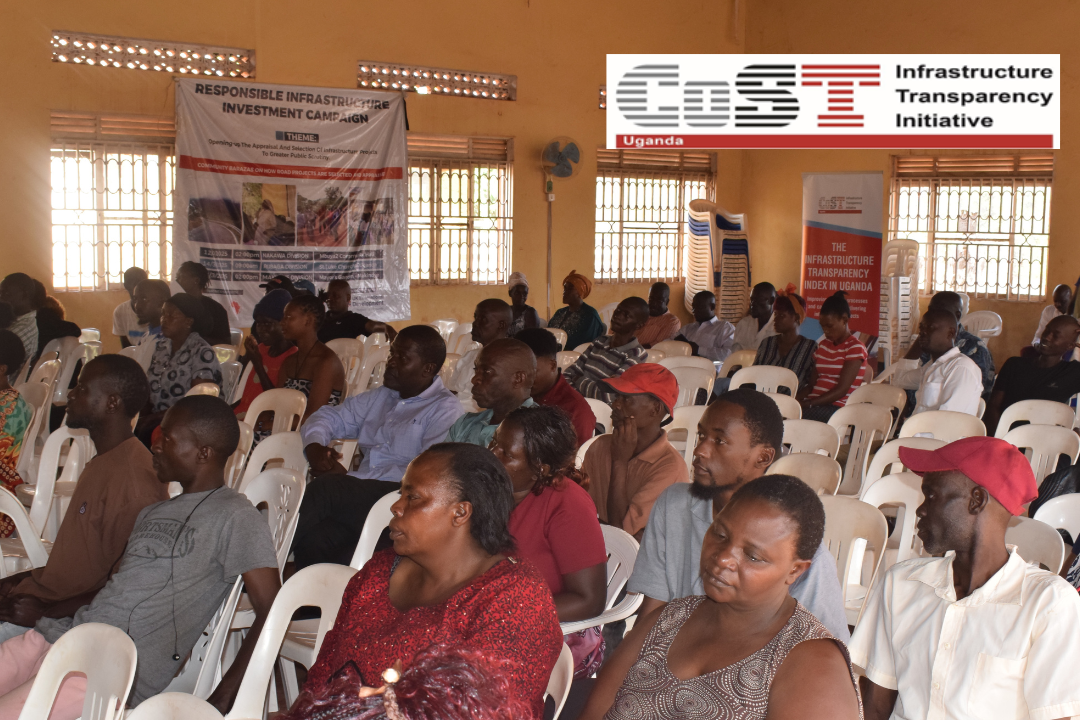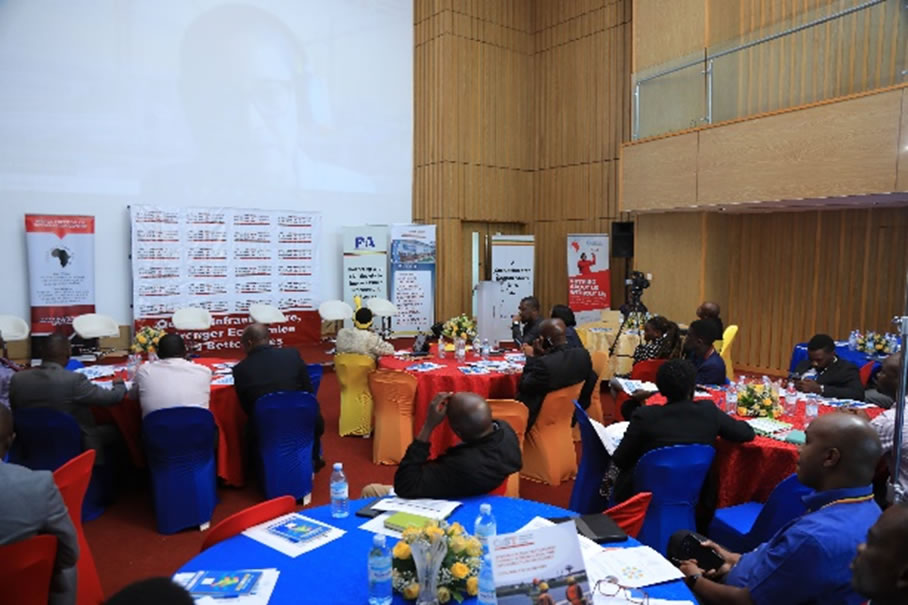
A call to Action on Transparency and accountability, fair business practices in the delivery of public infrastructure projects in Uganda.
Opinion: Several measures have been instituted to strengthen transparency, accountability, and fair business practices in the planning, procurement and implementation of publicly funded infrastructure projects in Uganda. The first step Uganda made was to join CoST – the Infrastructure Transparency Initiative and commit to its core features of Disclosure, Assurance, Multi-Stakeholder working and Social Accountability; and other related initiatives such as the Extractive Industry Transparency Initiative (EITI), put in place legal and policy frameworks for the realization of infrastructure development commitments, opened up procurement for the private sector local and foreign, increased financing for the sector, and provided space for other stakeholders to engage on how projects are planned, procured and implemented among others; while, these commitments have been made, trends and experiences reveal the growing need or significant efforts to realize transparency, accountability and integrity.
CoST Uganda, studies have previously noted that transparency and performance of infrastructure procurement processes in Uganda have been associated with integrity issues and corruption risks. Some of the key integrity issues include collusion in procurement, bribes, lack of competition, influence peddling, inefficiencies, poor planning, and lack of citizen engagement, mismanagement of funds and construction sites and; theft of materials among others. Lack of transparency in procurement has also been associated with low disclosure levels. Limited access to and use of procurement information inhibiting factors for the participation of key stakeholders in public infrastructure procurement, to monitor contract performance, and identify business opportunities. CoST Uganda reports concur with the concerns raised by the President 1st July 2021 to UNRA, Minister of Education and Sports, and Minister of Health in his most recent directive on factors behind poor performance of public infrastructure projects including; time overruns, cost overruns, delay in projects completion, lengthy procurement cycle and corruption in the implementation of government projects. These concerns have been perpetrated from two fronts internally within Government and externally.
CoST Uganda recently conducted a study to assess the factors that inhibit private sector participation in public infrastructure procurement. Findings indicated a number of concerns including; bureaucracy in procurement processes e.g. the long procurement cycle, which results in private sector losing trust in the government system, unrealistic eligibility/bidding requirements, lack of clear regulations to guide procurement, delays in payment especially on projects funded by the Government of Uganda, limited capacity of local firms especially in areas of paving roads and installing street lights, perceptions that there is corruption in government agencies, unfavorable reservation schemes for the private sector (more than 30 % based on their capacity) among others.
There is need to streamline the private sector actors and procurement policies that we have as a country in the interest of promoting fair business practices, sustaining access to business opportunities for all stakeholders. The private sector is part of the economy that is run by individuals and companies for profit and is largely not state controlled. Therefore, it encompasses all for-profit businesses that are not owned or operated by the government. The Micro, Small, Medium, Enterprises (MSMEs) are the engine of growth for the economic development, innovation, wealth creation of Uganda. According to the Third National Development Plan (NDPIII) 2020-2021-2024/25, Uganda’s private sector generates 77% of formal jobs, contributes 80% to GDP, and funds 60% of all investments and provides more than 80% of government domestic revenues. Therefore, understanding the operating context and challenges of the private sector in infrastructure development is critical given the vast projects being planned across the country.
In conclusion, Government needs to institute deliberate efforts to harmonize the participation of the private sector, underscoring their critical contribution towards national development and access to job opportunities. In the same vein, as Government puts in place measures for internal capacity to deliver public projects, it is important that, such decisions are done within the law, and through consultations with the affected stakeholders. In addition, as stated in Article 41 of the constitution of the republic of Uganda (1) states that every citizen has a right of access to information in the possession of the state or any organ or agency of the state except where the release of the information is likely to prejudice the security or severenity of the state or interfere with the right to privacy of any other person. And in consideration with the National Public Sector Procurement Policy 2019 values. It is important that, no matter who wins a particular contract, transparency, integrity and accountability should be ensured.



